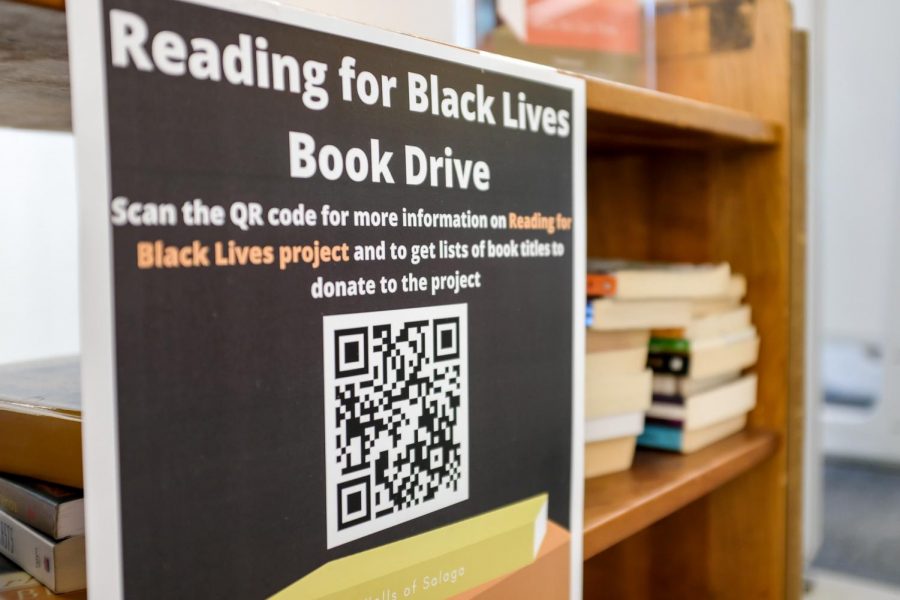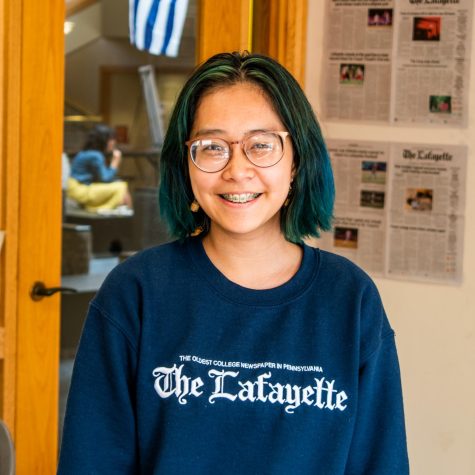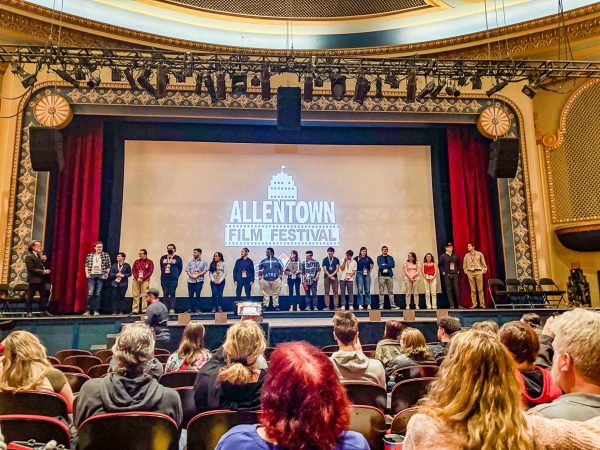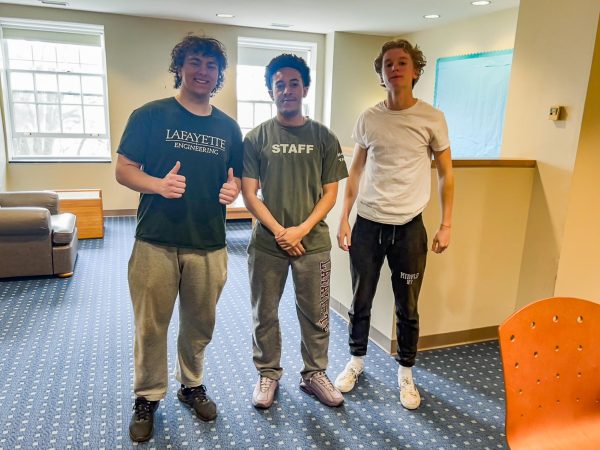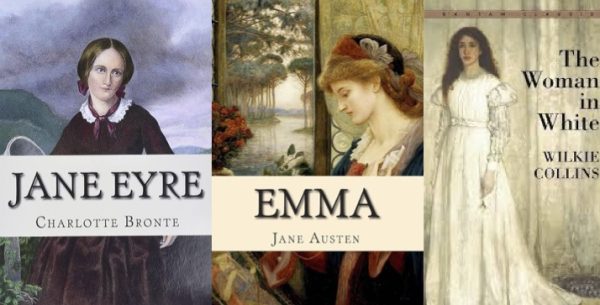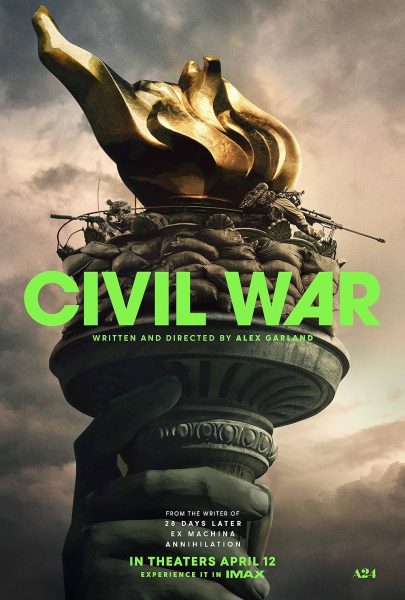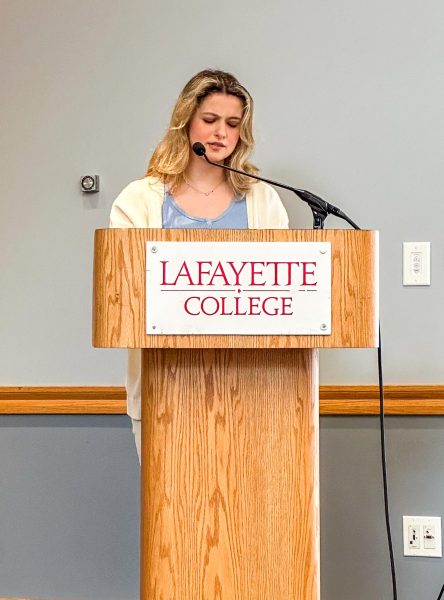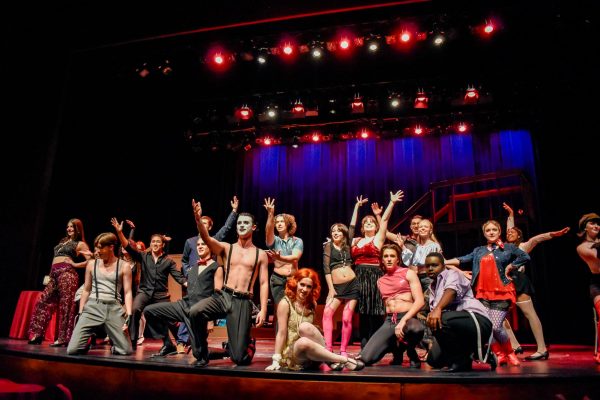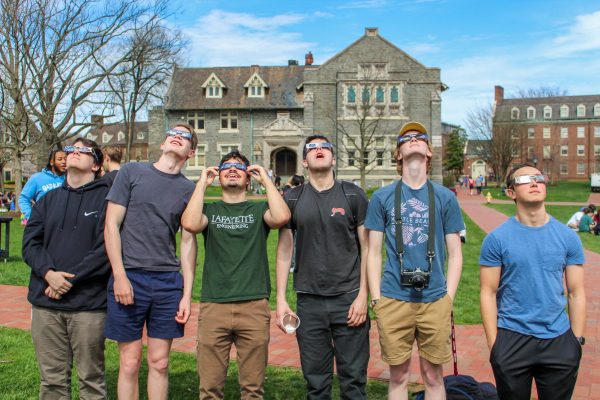Reading for Black Lives Book Drive aims to ‘amplify student voices’
Students, faculty and staff can donate books by BIPOC authors to be distributed for free through the Reading for Black Lives project. (Photo by Caroline Burns ’22)
October 22, 2021
A project that was started in Queens, New York by Lafayette alum Fayola Fair ’19 has now made its way to Lafayette’s libraries.
Right now, students, faculty and staff can donate books by Black, Indigenous and People of Color (BIPOC) authors to drop-off locations in Skillman and Kirby libraries. The Reading For Black Lives Book Drive is a collaboration between the Association for Black Collegians (ABC), the Lafayette libraries and the Reading for Black Lives project, which was founded by Fair in 2020.
Reading for Black Lives is a series of curated book lists on a variety of topics related to Blackness, including but not limited to queerness, prison abolition and fatphobia. All the books on the lists are by Black authors.
The project eventually expanded into the Black Books Fund, which provides books by Black authors from Black-owned bookstores to Black people. The Reading for Black Lives project also led Fair to organize the first annual Queens Free Book Fair, which provides books by BIPOC authors to attendees for free.
Fair’s project inspired Xavier Walker ‘22 and librarian Ana Ramirez Luhrs to organize a book drive at Lafayette for works by BIPOC authors, which will be donated to the Reading for Black Lives project.
“It’s about reading, which I love,” Ramirez said of the book drive. “It’s about bringing stories to people that want to find themselves in these stories and for other people to see these stories.”
The book drive is one piece of Walker and Ramirez’s efforts to diversify the library catalog at Lafayette. Another upcoming project that ABC hopes to produce is the curation of a book display in the library based on works that members feel are important for the community to know about.
The library is also working to purchase more browsing materials from marginalized voices. For instance, Walker suggested that the library buy Da’Shaun Harrison’s “Belly of the Beast: The Politics of Anti-Fatness as Anti-Blackness” after Harrison spoke at Lafayette as a member of the Black Heritage Month keynote panel this past February.
“It’s now in the library as a book that people can take out and read,” Walker said of the book. “I just think that’s cool, that conversations that Black students have already been having in other spaces on campus can now find their way as material reading in the library…A conversation that started back in February can now continue for years.”
Although the immediate goal of the book drive is to collect donations for Reading for Black Lives, Ramirez explained that the broader objective is to amplify student voices.
“Every way where we can amplify these voices is really important…I mean, that’s what [the library does]. We educate, we link people to books, and I think that’s a good place to start,” Ramirez said. “So if another alum comes and has a similar project, I would certainly love to do another book project or another book drive. I think we’re, right now really, really open to ideas.”
Overall, Walker is pleased with how the book drive is progressing.
“Oftentimes, when departments, administration, et cetera, reach out to black students and ask us what we would like to see, they then make us do all of the work or say, ‘Well, it’s not here because you never advocated for it, you never asked for it,’” Walker said. “I think from beginning to end, Ana has done the work…It just shows a level of intention and dedication to actually doing the work of supporting, uplifting, centering Black voices, Black stories in a way that’s not very performative.”
“It’s really easy to say, ‘Hey, we want to diversify the catalog,’ and then make Black students find the books, order the books, buy the books, promote them. It’s labor that students shouldn’t have to do. It’s labor that I haven’t had to do. So I really appreciate it,” Walker said.
Ramirez expressed a desire for the college in general to recognize the labor of BIPOC students, faculty and staff. She hoped the college can take more of a responsibility to educate its community.
“Black students have been doing the work this entire time. Marginalized, minoritized BIPOC students and faculty and staff have been doing the work this entire time,” Ramirez said. “It’s time for that to end. It is not BIPOC people’s job to educate anybody…I think it is upon the college and it always has been upon the college to make those resources available to our students, our staff and our faculty.”
“It can’t just be, ‘Let’s just all hop on the DEI [diversity, equity and inclusion] wagon.’ You can’t do that. This is important work… It’s very complicated. That’s why a lot of people hop on and hop off,” Ramirez continued. “But I think the library is really committed to growing and to being very intentional about what we do for our students.”
Students, faculty and staff can donate books by BIPOC authors at drop-off locations in Skillman and Kirby libraries. Walker urged students to ask their parents and professors to donate as well.
For those who do not have books to donate, Walker and Ramirez encouraged buying books from Black-owned bookstores, of which Fair has compiled a list of on her website, or buying books from independent bookstores via websites like bookshop.org and indiebound.org.
To read more about the Reading for Black Lives project, visit Fair’s website at fibetryin.online or the Instagram page @readingforblacklives.





































































































